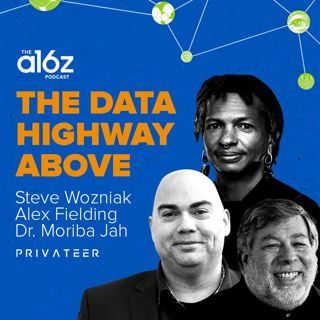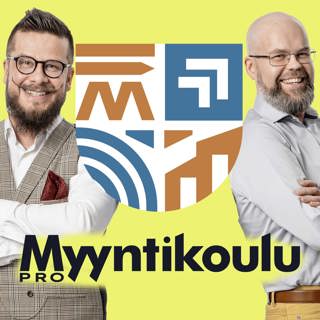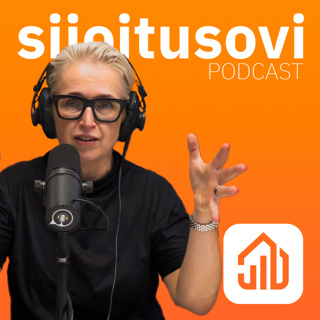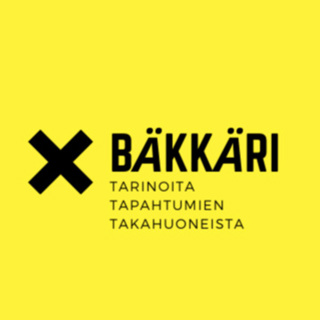
The Data Highway Above with Privateer’s Steve Wozniak, Alex Fielding, and Dr. Moriba Jah
Many people consider space to be the next frontier and equally an infinite horizon to explore. But the reality is that not all “space” is the same and there are strategic zones that don’t only matter ...
9 Marras 20221h 24min

The a16z Podcast Returns
The long-standing (and chart-topping) a16z Podcast returns to cover the most important topics within the world of technology. Brought to you by the minds at Andreessen Horowitz (a16z) and hosted by St...
7 Marras 20222min

Is a Fun, Therapeutic Game Possible?
In this special episode from a16z’s Bio Eats World podcast, general partners Vijay Pande and Jon Lai join bio editorial lead Olivia Webb to discuss the intersection of games and health, including: wh...
28 Loka 202233min

Cycles of Computing, Now and Next
This week, we have a special episode for you, from our newest podcast, "web3 with a16z" . This episode features Chris Dixon – founding general partner of a16z crypto and former entrepreneur himself – ...
19 Loka 20221h 6min

The Future of Audio
Audio is no longer just audio anymore -- podcasts now pull from new video platforms like TikTok and older ones like radio, user experience is growing and changing, and it's easier than ever to create ...
14 Loka 202257min

Culture as Code
While building and shaping culture is as relevant as ever for startups and companies today, leaders have sought the answers to these questions for hundreds of years – and there is practical advice to ...
6 Loka 202259min

On Mentorship and Leadership
Behind many great leaders, you’ll usually find a great mentor. The mentor-mentee relationship is often one of the most important and most fulfilling relationships people have, in both their careers an...
28 Syys 202233min

Cloud Wars, Company Wars, and Innovating Through Change
In this episode from October 2021, Michael Dell, founder and CEO of Dell Technologies and one of the longest serving founder-CEOs in the technology industry, joins a16z general partner Martin Casado, ...
7 Syys 202253min





















